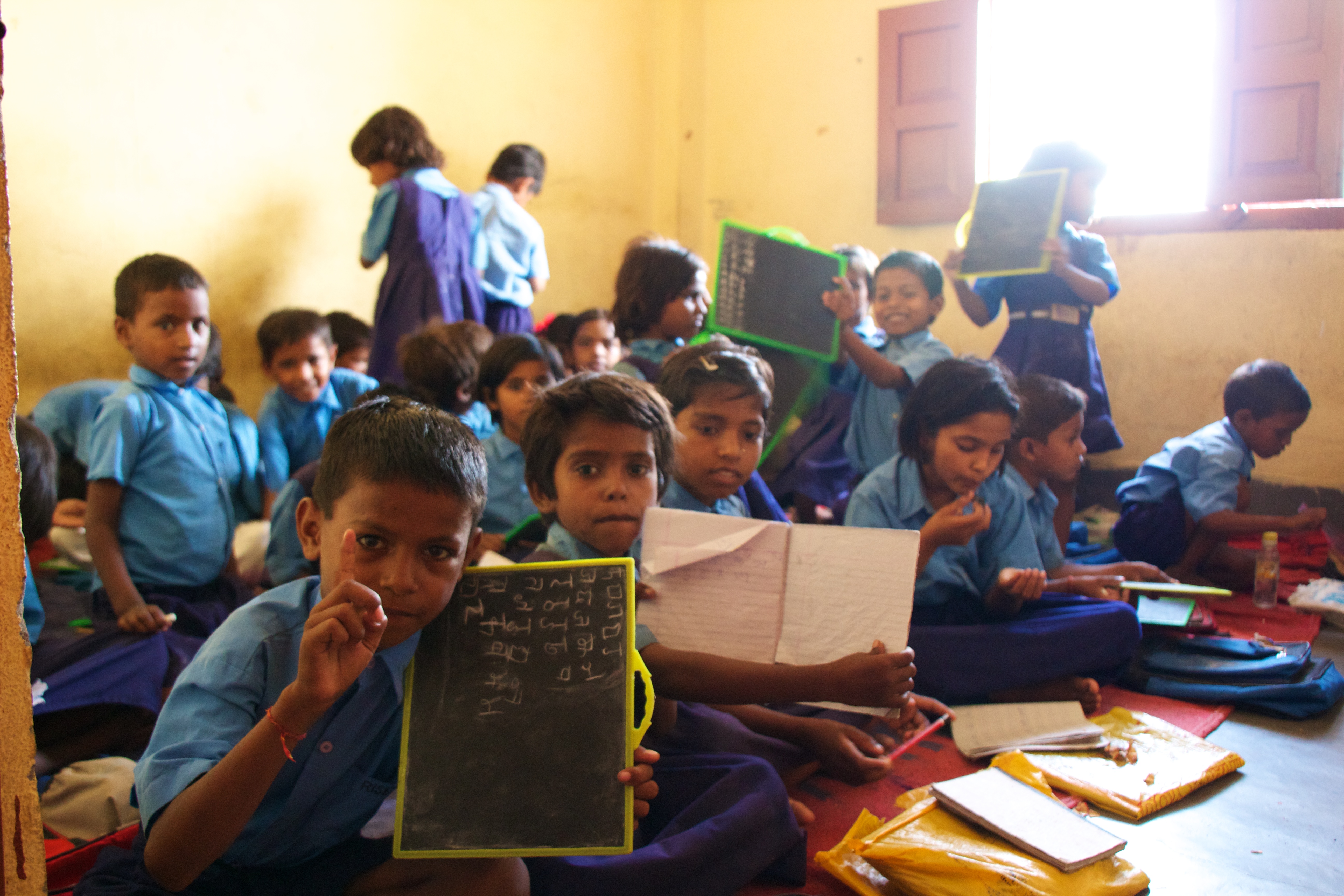The Department of School Education and Literacy under the Ministry of Human Resources has invited parents, educators, and various other stakeholders from grades 1 to 12 to give suggestions on how the curriculum can be changed and rationalised to help students.
Earlier this week reports suggested that the National Council of Educational Research and Training (NCERT) has chalked out a detailed action plan to trim the school curriculum by identifying overlapping material across subjects, checking age-appropriateness of the content, and assessing the comprehensibility of language, among other things.

HRD Minister Prakash Javadekar said, “Plenty of information is not education and students are not just a data bank. The main aim of education is to bring out a good human being. It is the need of the hour to inculcate value education, life skills, experiential learning and physical fitness in our daily life,” as reported by News18.
We, at The Better India, spoke to a few parents and educators to get a sense of what changes they would like brought in.
Anupama Jain is a mother of two. Her elder son is in college, and her daughter is appearing for the board examinations this year. She offers a unique perspective, as she is also a home tutor based in Gurugram.
“I speak on the English language as that is my area of expertise. As far as grades 8 and 9 are concerned the syllabus is very interesting and nice. I don’t think there needs to be a reduction in the syllabus. What we need is syllabus parity between all the various boards exists. It is not just the CBSE and ICSE boards we are talking about. The State Board syllabus for math is vast when compared to the CBSE board.”
“This is also one of the reasons why so many kids from State boards can crack the IIT entrance examinations, given their better understanding of the subject.”
“Rather than a reduction in the syllabus what is the need of the hour is to make the children well-rounded to help them cope with the first year of college with ease,” she says.
Shweta Rai is a Senior Manager at a recruitment firm and a mother to a grade 8 student. On the changes she would like to see incorporated, she says, “What might be interesting is to incorporate a more wholesome approach to subjects. Social studies, for example, is approached as one subject, which comprises of History, Geography, and Civics. This becomes difficult to tackle at one go. Splitting it into three subjects might be a good idea.”
“Most schools in the big cities equip children in one or more vocational courses as well, be it pottery or theatre. However having it as part of the curriculum might help in ensuring that all schools follow suit, whether in a metro or a tier 2 city.”
“Another important aspect to incorporate is making life skills a part of the curriculum. Just having smart boards and other such technologically advanced systems is not what makes a school good. They must be given the chance to experience life beyond their books and school,” she says.
Madhuri Mehta is the CEO of Blue Orb Foundation based in Delhi. This foundation conducts various programmes in schools across Delhi/NCR based on value education. She tells us why it is important to introduce value education to students from a young age.
“I firmly believe that value education must be introduced from the nursery level. In today’s day and age, it has become even more important that we give our children a strong sense of being rooted. Unless the foundation is strong, no building can stand tall,” she says.
“We have seen the positive changes that these classes are bringing about both in the students and their parents. Children look forward to the chance to voice their feelings – whether negative or positive.”
“The best part of the programme is that it allows the students to express themselves without the fear of being judged.”
“Incorporating this as part of a structured curriculum will ensure that more schools conduct these classes and that in turn will be greatly beneficial for the students who are already under tremendous pressure to perform,” she adds.
For all stakeholders who wish to provide their inputs, you could click here and do the needful on or before April 6, 2018. We urge you to take a stand and voice your opinion.
You May Also Like: When ‘Snakes and Ladders’ Stops Being Just a Game, Young Lives are Transformed!
Like this story? Or have something to share?
Write to us: contact@thebetterindia.com
Connect with us on Facebook and Twitter.
NEW: Click here to get positive news on WhatsApp!
We bring stories straight from the heart of India, to inspire millions and create a wave of impact. Our positive movement is growing bigger everyday, and we would love for you to join it.
Please contribute whatever you can, every little penny helps our team in bringing you more stories that support dreams and spread hope.

